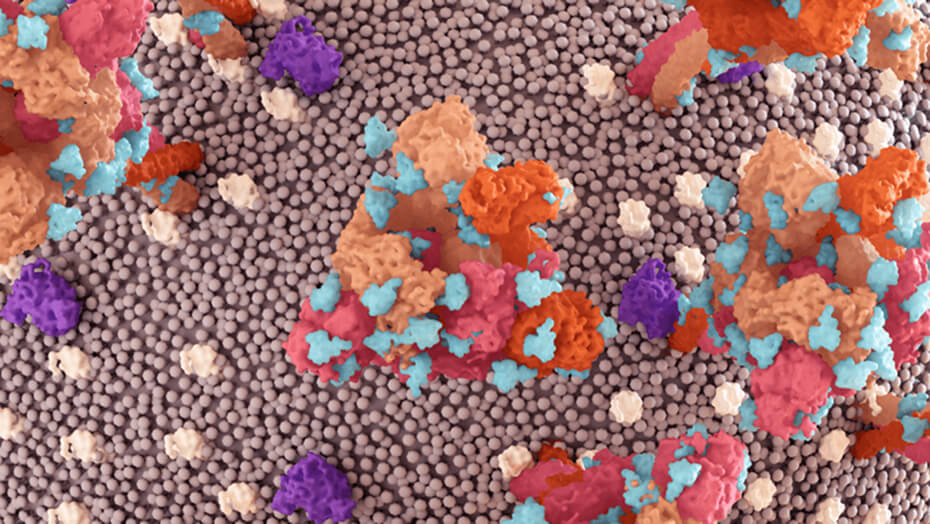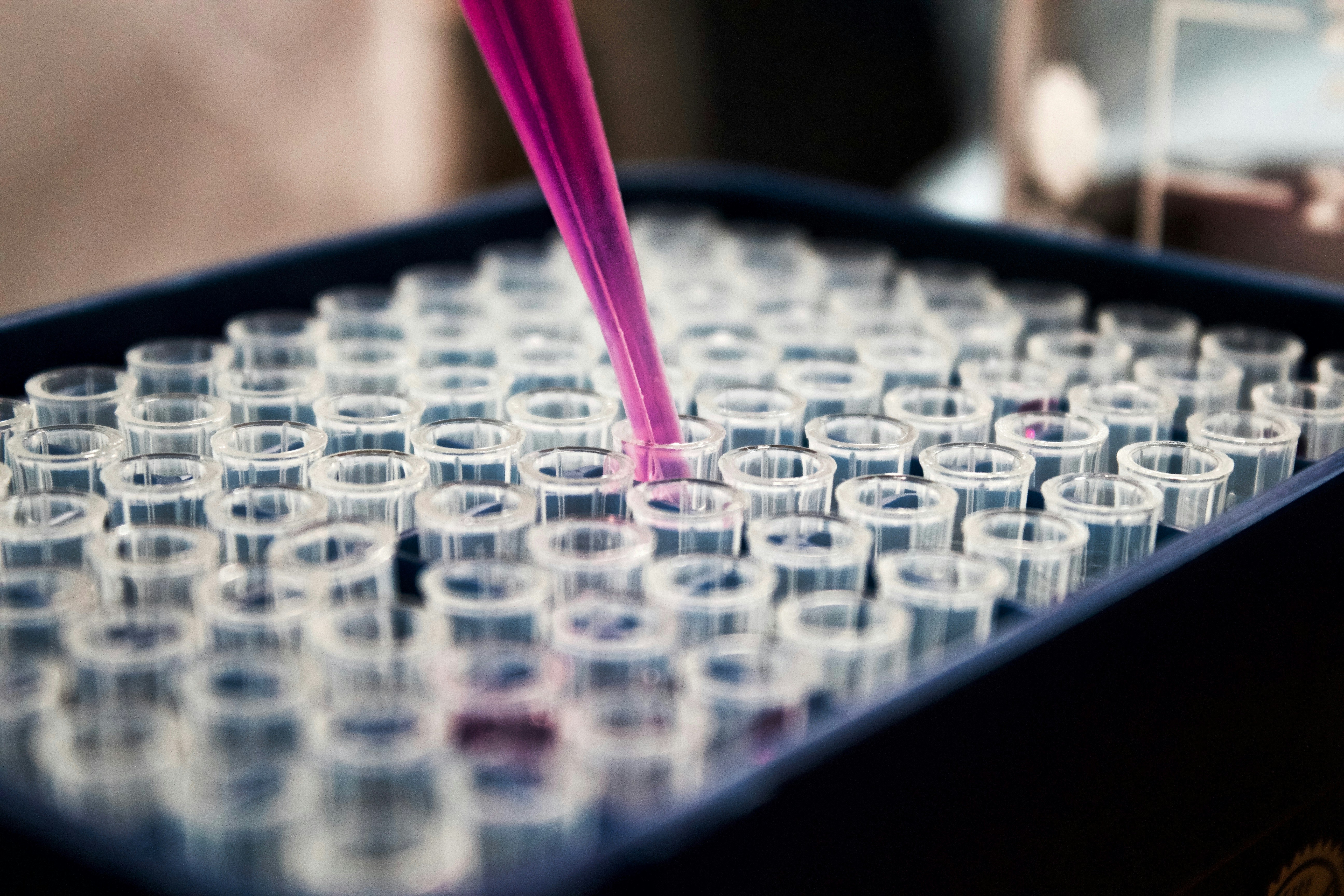Sugar-Coated Proteins Affecting Inflammation in Our Body
Immunoglobulins are specialised proteins that play the role of bodyguards in our immune system.
It is common knowledge that genes influence our behaviour and characteristics. Genes are DNA blueprints that are used to build proteins - molecules that are essential for life. Proteins perform many different functions in our body, such as important structural roles (for example our hair is built from proteins called keratins), defensive roles (e.g. antibodies that protect us from infections), roles in transport (haemoglobin that carries oxygen in our blood cells) and roles in chemical reactions (for example enzymes that help us digest our food). Glycans are sugars attached to the surface of a protein which can affect the function of the protein and how it binds to other molecules.
Immunoglobulins are specialised proteins that play the role of bodyguards in our immune system. When foreign substances (such as bacteria or viruses) enter our body, IgG signals to the immune system that it should act to remove these. Based on the type of glycan bound to IgG, this signal can act either to induce or suppress inflammation. Researchers at the MRC Human Genetics Unit, and collaborators, searched for genes that affect glycosylation of Immunoglobulin G (IgG).
The amounts of the glycan sugars attached to IgG were measured in more than 8000 people from four European countries and compared to their genetic information. Altogether, thirty-three different regions of DNA were highlighted as influencing the glycans on IgG. Using these, the researchers suggested new mechanisms regulating IgG glycosylation and showed that there are genetic variants that influence both IgG glycosylation and risk for inflammatory bowel disease, rheumatoid arthritis, primary biliary cirrhosis, asthma and Parkinson’s disease.
Knowing which genes are involved in IgG glycosylation improves our understanding of how this process affects disease risk. It was already known that glycans are altered in various diseases, but it remains unclear exactly why this is. This study, published in Science Advances, helps to shed light on the different molecules that are involved in these complex processes. This, in turn, can help develop new biomarkers of disease or suggest new drug targets.


